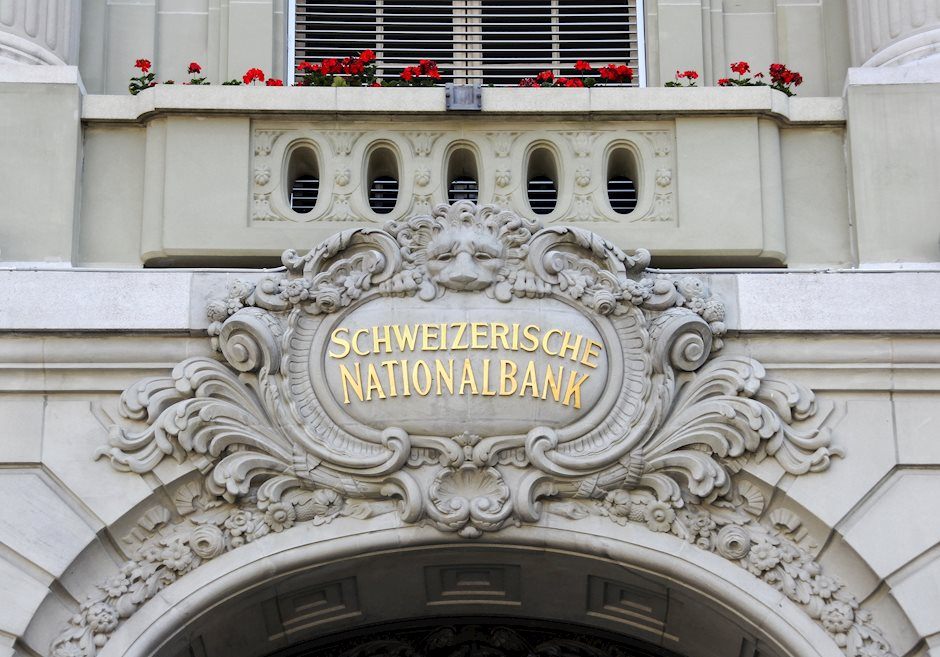SNB’s Jordan: SNB will monitor inflation closely and adjust policy again when necessary

Swiss National Bank (SNB) Chairman Thomas J. Jordan speaks at the SNB’s General Meeting of Shareholders on Friday. Jordan said that the SNB will continue to monitor inflation, adding that the bank can "adjust policy again when necessary." The SNB surprised markets in March when it decided to lower its main policy rate by 0.25 percentage points to 1.5%.
Key Quotes
SNB has been successful in fight against inflation.
Uncertainty remains elevated, shocks can occur at any time.
We should not be sidetracked from focus on price stability.
Demands of critics for SNB to broaden mandate are dangerous.
Market Reaction
USD/CHF falls to 0.9100, weighed down by subdued US Dollar. The US Dollar remains under pressure as weaker US Q1 Gross Domestic Product (GDP) growth has raised doubts for the economic outlook. The pair is expected to face sheer volatility after the release of the US core Personal Consumption Expenditure Price Index (PCE) data for March, which will be published at 12:30 GMT.
SNB FAQs
The Swiss National Bank (SNB) is the country’s central bank. As an independent central bank, its mandate is to ensure price stability in the medium and long term. To ensure price stability, the SNB aims to maintain appropriate monetary conditions, which are determined by the interest rate level and exchange rates. For the SNB, price stability means a rise in the Swiss Consumer Price Index (CPI) of less than 2% per year.
The Swiss National Bank (SNB) Governing Board decides the appropriate level of its policy rate according to its price stability objective. When inflation is above target or forecasted to be above target in the foreseeable future, the bank will attempt to tame excessive price growth by raising its policy rate. Higher interest rates are generally positive for the Swiss Franc (CHF) as they lead to higher yields, making the country a more attractive place for investors. On the contrary, lower interest rates tend to weaken CHF.
Yes. The Swiss National Bank (SNB) has regularly intervened in the foreign exchange market in order to avoid the Swiss Franc (CHF) appreciating too much against other currencies. A strong CHF hurts the competitiveness of the country’s powerful export sector. Between 2011 and 2015, the SNB implemented a peg to the Euro to limit the CHF advance against it. The bank intervenes in the market using its hefty foreign exchange reserves, usually by buying foreign currencies such as the US Dollar or the Euro. During episodes of high inflation, particularly due to energy, the SNB refrains from intervening markets as a strong CHF makes energy imports cheaper, cushioning the price shock for Swiss households and businesses.
The SNB meets once a quarter – in March, June, September and December – to conduct its monetary policy assessment. Each of these assessments results in a monetary policy decision and the publication of a medium-term inflation forecast.
Author

Sagar Dua
FXStreet
Sagar Dua is associated with the financial markets from his college days. Along with pursuing post-graduation in Commerce in 2014, he started his markets training with chart analysis.

















